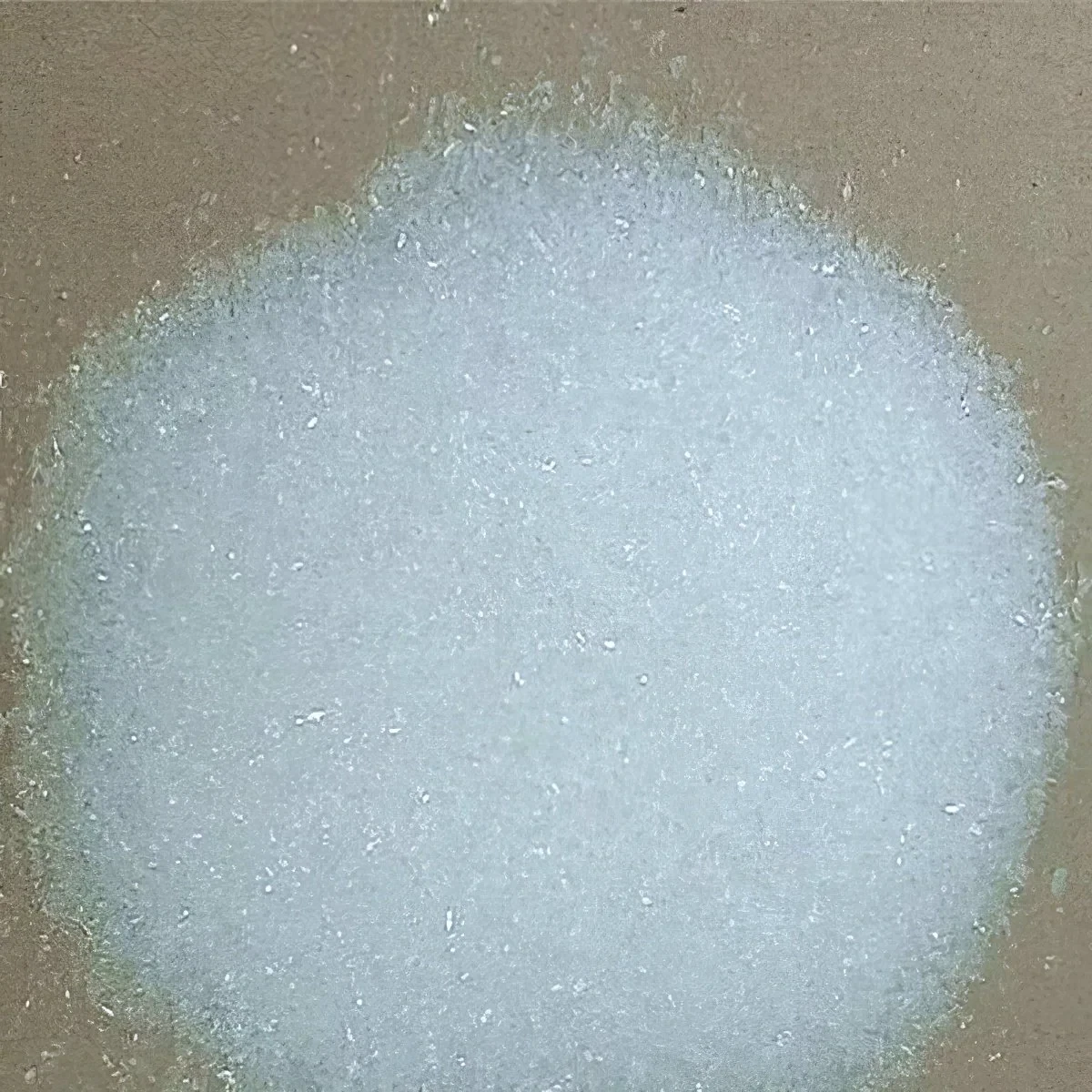



pool water disinfection
Disinfection of Pool Water Ensuring Safety and Enjoyment
Swimming pools are synonymous with leisure, exercise, and relaxation, especially during warm months. However, they can also be breeding grounds for harmful bacteria and viruses if not properly maintained. Thus, effective disinfection of pool water is paramount to ensuring the safety and enjoyment of all swimmers. In this article, we will discuss the various methods of pool water disinfection, the importance of maintaining clean pool water, and the challenges that come with it.
Importance of Pool Water Disinfection
The primary goal of pool water disinfection is to eliminate harmful microorganisms that can cause diseases. When individuals swim in a pool, they're exposed to various contaminants, including sweat, urine, and other bodily fluids. Without proper disinfection, pathogens like E. coli, Giardia, and Cryptosporidium can thrive, leading to infections, skin rashes, and gastrointestinal illnesses. According to the Centers for Disease Control and Prevention (CDC), outbreaks of recreational water illnesses (RWIs) are often linked to inadequately treated pool water. Hence, regular disinfection is essential to ensure a safe swimming experience.
Common Disinfection Methods
There are several methods to disinfect pool water, each with its own advantages and disadvantages
1. Chlorination The most common method of pool water disinfection, chlorination involves adding chlorine to the water, which kills bacteria and neutralizes organic contaminants. Chlorine comes in various forms, including gas, liquid, and granules. While effective, chlorine levels must be monitored regularly, as too little can lead to insufficient disinfection, while too much can result in skin irritation and unpleasant odors.
2. Bromination Similar to chlorine, bromine is another chemical used for water disinfection. It is more stable in warmer water and less irritating than chlorine, making it a preferred choice for hot tubs and indoor pools. However, bromine tends to be more expensive and requires regular monitoring of its levels as well.
pool water disinfection

3. UV Disinfection Ultraviolet (UV) light systems work by exposing pool water to UV radiation, which effectively inactivates bacteria, viruses, and other pathogens. This method reduces the reliance on chemical disinfectants, leading to clearer water and fewer chemical-related health issues. However, UV systems do not provide residual disinfection; thus, they should be used in conjunction with chlorine or bromine.
4. Ozone Treatment Ozone is a powerful oxidizer that can effectively kill pathogens in pool water. Ozone generators infuse the water with ozone gas, which breaks down contaminants and purifies the water. While effective, ozone systems can be costly to install and maintain.
5. Saltwater Chlorination A more modern approach to chlorination, saltwater pools utilize a salt chlorine generator to convert salt into chlorine. This method produces a steady supply of chlorine while being gentler on the skin and eyes compared to traditional chlorine. The pool's salinity levels need to be checked regularly to ensure the effectiveness of this system.
Maintenance Challenges
Despite the many disinfection methods available, maintaining clean pool water presents certain challenges. Environmental factors, such as leaves, dirt, pollen, and even weather conditions, can introduce contaminants into the water. Regular cleaning and skimming of the pool surface, along with monitoring pH and chlorine levels, are essential to prevent buildup.
Moreover, swimmer behavior can also impact water quality. Encouraging swimmers to shower before entering the pool, prohibiting pets, and establishing rules regarding food and drink around the pool can significantly reduce organic contamination.
Conclusion
In summary, the disinfection of pool water is a crucial element in maintaining a safe and enjoyable swimming environment. By utilizing various disinfection methods, pool owners can ensure that harmful microorganisms are effectively controlled. However, regular maintenance and monitoring are vital to achieving optimal water quality. As pool season approaches, it's essential for pool managers and owners to prioritize water disinfection and cleaning practices to safeguard the health of all swimmers, enabling everyone to enjoy the refreshing waters without concern. Emphasizing preventive measures and education will go a long way in creating a safe swimming culture for everyone.
-
Why Sodium Persulfate Is Everywhere NowNewsJul.07,2025
-
Why Polyacrylamide Is in High DemandNewsJul.07,2025
-
Understanding Paint Chemicals and Their ApplicationsNewsJul.07,2025
-
Smart Use Of Mining ChemicalsNewsJul.07,2025
-
Practical Uses of Potassium MonopersulfateNewsJul.07,2025
-
Agrochemicals In Real FarmingNewsJul.07,2025
-
Sodium Chlorite Hot UsesNewsJul.01,2025










